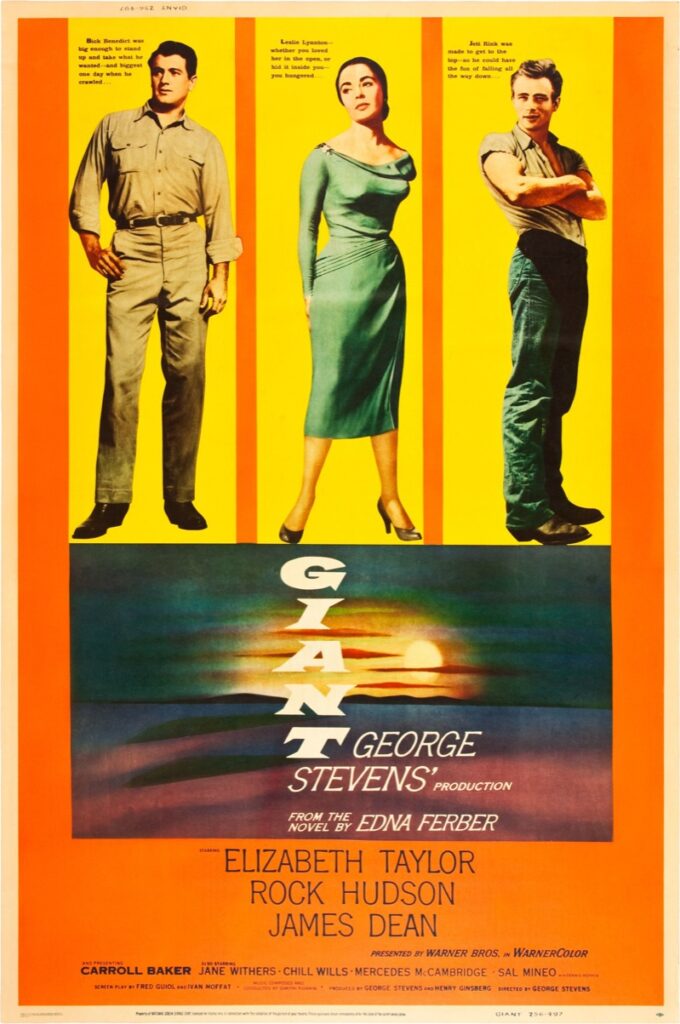Texas Farming

I honestly have no idea how I got signed up for Texas Monthly, but this was a pretty interesting read:
As we broiled beneath a relentless sun in the Chihuahuan Desert, next to countless rows of improbably green cotton plants, I expected Ramon Tirres to tell me that water is his most precious resource. In the valley south of El Paso, Tirres grows cotton and pecans, and for the past 23 years, he’s farmed in the midst of historic drought. But as the wiry 71-year-old toed the dirt next to one of the canals that waters his fields, Tirres told me he’s facing a more pressing shortage: “The big issue we’re having now is finding workers,” Tirres said. “God almighty, is it hard.”
Three years ago, Tirres began working to get an H-2A employment visa for a Mexican farmhand, one of a small pool of workers who could handle the massive John Deere harvesters, the sophisticated machines that use GPS to navigate down furrows without veering an inch off course. “I need him—I was looking forward to having him,” Tirres said. “Irrigation, hauling, driving the tractor, cultivating—he could do it all.” The visa process was going well, and around January, the worker received news that it was looking likely he’d get approved. Then in March, after President Donald Trump took office, the man called Tirres and told him that working as an immigrant in the U.S. now carried intolerable risks. “He got scared,” Tirres said. “He told me, ‘I hear the talk that [immigrants] are getting shipped out to Venezuela or El Salvador—and I don’t want that to happen to me.’” He gave up on the visa process.
Predictable! And if you want to make leopard-eating-faces comments, I won’t object. But I also thought this was kind of interesting…
Texas farmers tend to be politically conservative but decidedly flexible on the issue of immigration. This is rural Texas: Hard work and doing things the honest way are lionized, and line cutting is universally abhorred. However, farmers know that without immigrant labor—and, more to the point, without undocumented labor—their industry would collapse. All the farmers I met spoke bitterly about the political divide. They didn’t express much confidence in either party to fix the immigration issue or their labor crisis. “These two sides, all these years, they just cannot come together on a specific immigration policy, not something decent,” Tirres said. “Everybody’s always pushing one against the other all the time.” Rogers had a characteristically colorful way of putting it: “You know, we’re over here like, ‘Hey, let’s help these illegals become citizens, become taxpayers, become a better part of society’—and then people are like ‘How dare you call them illegals!’”
I found this fascinating in context of the Rio Grande Red Shift, which seemed to be driven heavily by changing attitudes among Latino Texans about immigration. Evidently though, that’s not really the case; it’s not immigration per se but a host of other cultural-war issues. And while I’m not at all surprised that Texas farmers are pro-immigration (Kentucky farmers are as well) I do find it interesting that they seem to have zero pull with the local or national GOP.
